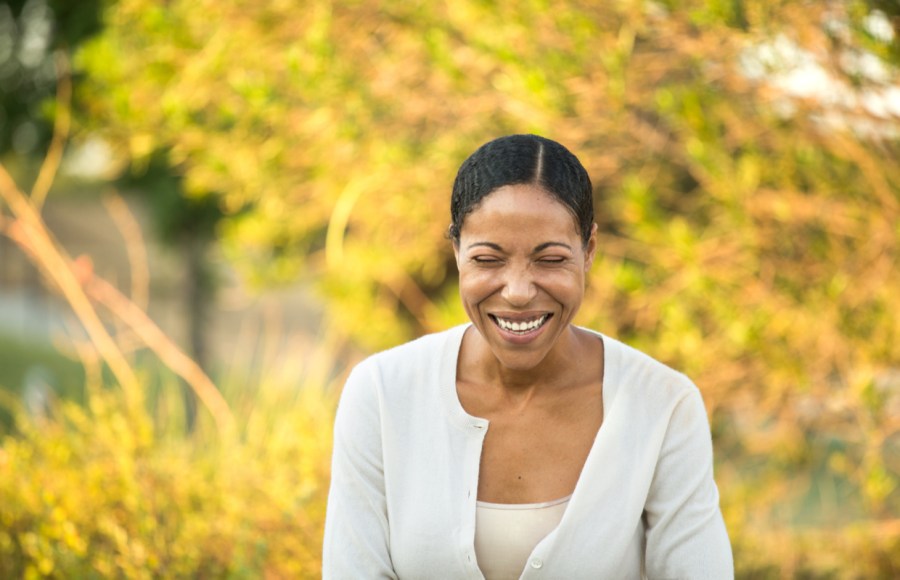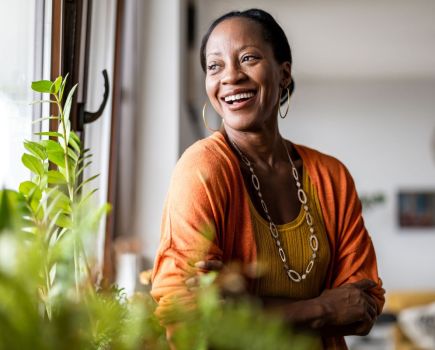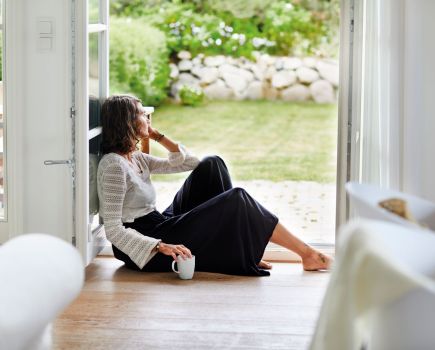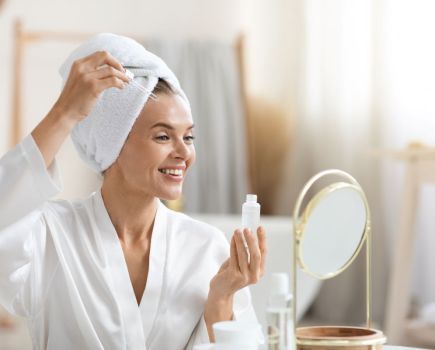
Stefan Chmelik MSc
This week (1-7 November) is Stress Awareness Week. Meditation and mindfulness are both excellent tools for staying grounded and finding joy in your day-to-day life. Not sure where to start? We chat to life-long meditator and mindfulness mentor, Stefan Chmelik MSc, who reveals his top tips for getting started with mindfulness and meditation…
How long have you been meditating for?
‘I’m a lifelong meditator, with my dad having taught me and my brother to meditate from a really young age, so I’ve been meditating for about five decades now in various traditions.’
When did mindfulness originate?
‘Jon Kabat-Zinn is the originator of mindfulness as we understand the term today. He developed the new Mindfulness Based Stress Reduction programme at the University of Massachusetts some 30 or 40 years ago now.
‘It’s his mindfulness programme which forms the basis of what most psychologists and psychotherapists and clinicians are using, and the courses that are being taught on what we call mindfulness. It is from there that the popular apps are developing their mindfulness programmes.’
What is mindfulness?
‘Mindfulness is the ability to be aware in the present moment. To have your moment-by- moment experience, and – here’s the important bit – to not try and change it. You have to be okay with it, however it is.
‘Countries where happiness is always higher – for example, in northern European countries like Scandinavia, Norway and Finland, are probably happier because they accept their lives as they are without trying to change them.
‘So essentially, the idea of being happy with what we have in each moment, and not striving for something else, and not looking back with anxiety or anger at past events any more than the future events. And the countries which are always unhappiest, particularly America, are those that have the idea that you can always do better, you can always have more.’
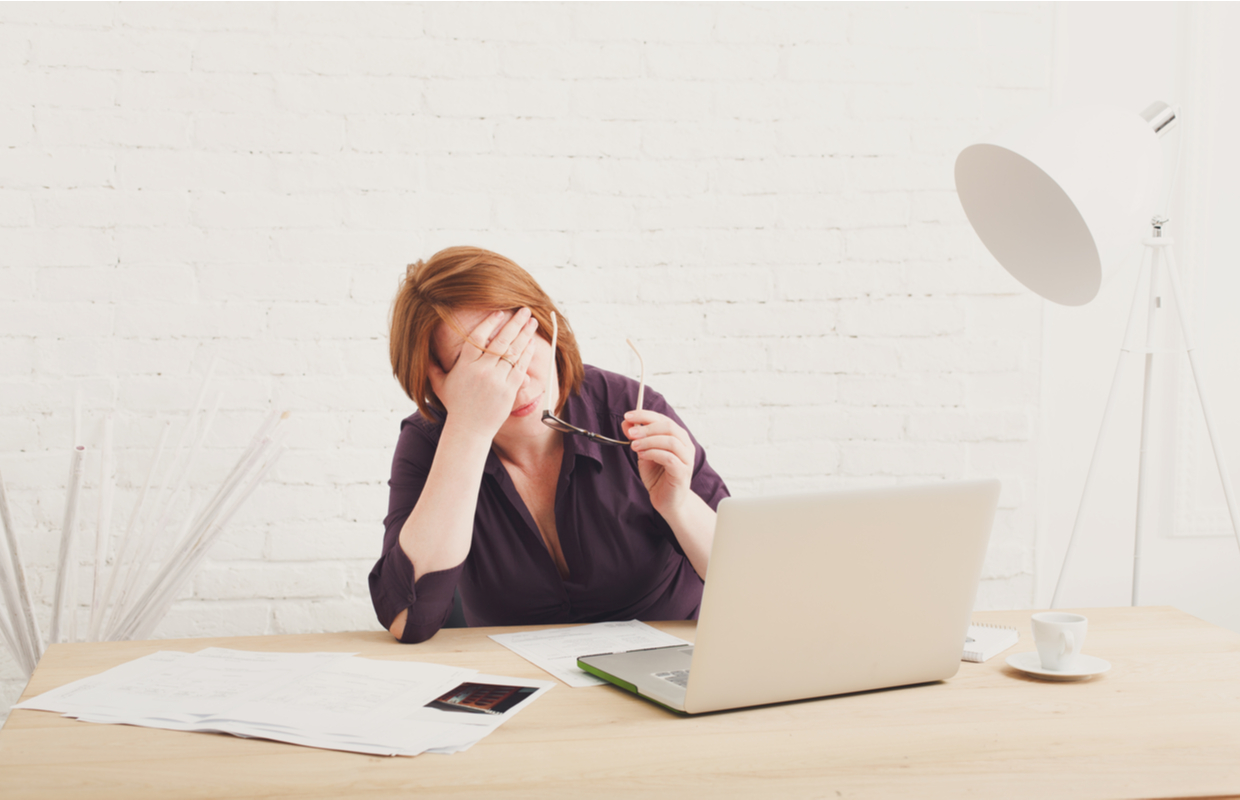
Why is mindfulness difficult in the modern world?
‘The reality is that there’s a dark side of mindfulness. This is simply that people in the modern world are so neurologically overwhelmed with information and data that trying to practice mindfulness is harder than it’s ever been.
‘And it’s incredibly hard to be mindful and unconcerned, or trying not to change your present moment experience when you feel overwhelmed, stressed and anxious.
‘One of the issues is because stress and anxiety and overwhelm are so ubiquitous and common to most people today that we’ve ceased to recognise when we’re overwhelmed. This is still true, despite the fact that stress and anxiety have become hugely de-stigmatised compared to a decade ago.
‘People are more willing to talk about their anxiety and their mental health issues. So, although my mindfulness and meditation and breathing techniques are fantastically useful, and we know from research that they have the potential to be the most effective of interventions, the reality for most people, day to day, is that when they tried to practice them they find it difficult or impossible.
‘These exercises can even lead them to feel more anxious. They feel more stressed, more panicky, because they’re bringing their attention to how they feel in that moment. And for many people, how they feel in that moment is bad.’
How has the concept of mindfulness changed in modern society?
‘As the attention span is becoming more divided across multiple streams and in an attempt to deal with an overwhelming level of information coming in, mindfulness and meditation practices become shorter and more on the spot.
‘So, practice that originally developed as an hour a day became 30 minutes, or 20 minutes or 10 minutes. And now you’ve got the 30 second mindfulness. But certainly, for most people, 30 seconds or even 10 minutes is a few breath cycles.
‘And even when proficient, even when highly skilled at being able to notice how your body’s feeling and to calm it down, that can take 5, 10, 15 minutes of sitting or standing to get your mind and body into a functional, self-regulated place.’
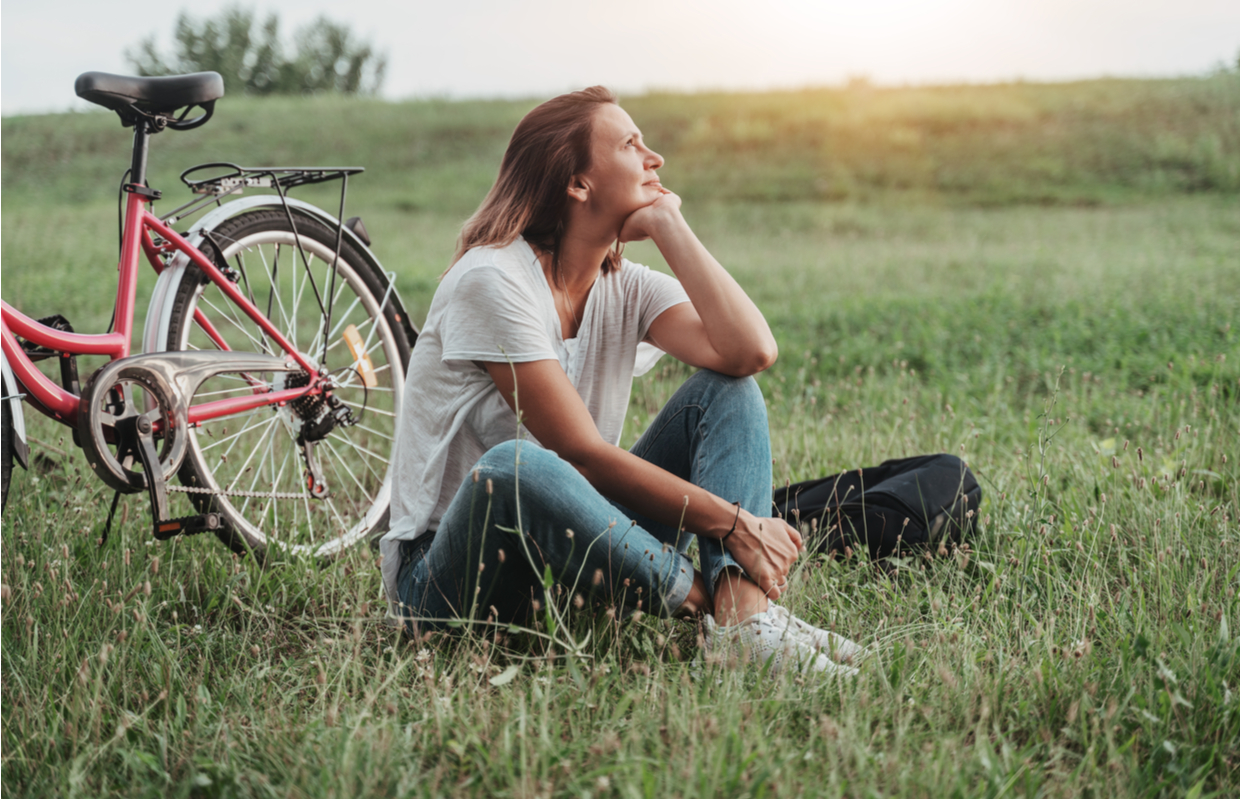
How can we make mindfulness part of our day-to-day lives?
‘I think bringing mindfulness into our day to day lives, in reality, has to follow bringing changes into other more holistic aspects of our lives. Relaxation, breathing and mindfulness can only work if there’s space.
‘If our lives are overly-busy, rushed and anxious, and we then attempt to stop for seconds or minutes and expect everything to suddenly change, that’s unrealistic and actually just creates more stress and pressure for the exercise to work.
‘Because of this, many people end up saying, ‘well, mindfulness is not for me’. And that’s a great shame, because then these people have lost what is probably the most effective and important technique that they can learn.’
How else can we reduce stress levels and be more mindful?
‘I think where we are now is a race with the levels of stress and anxiety that we experience. We need to make changes – micro changes wherever possible.
‘We need to spend more time in nature. There’s absolutely no doubt about that. Local parks or anywhere that we can go where there are trees and plants. Even a balcony or windowsill with plants. Nature is always mindful, so observe nature, observe trees, observe plants and be still.
‘Make sure you’re getting enough sleep and enough exercise. By looking after your health, your place in the world will feel like it has meaning and purpose.
‘You’ve learned the lesson of life if you’re able to sit back, look at what you’re doing, how you’re spending your time and be able to see meaning and purpose in your life. Be able to say ‘this is good’. So now you have something to be positively mindful about.’
Stefan Chmelik (MSc) is a leading integrated healthcare expert, inventor of the state-of-the-art sensory device, Sensate, founder of BioSelf Technology and New Medicine Group (Harley Street, London) and a mindfulness mentor and clinical expert in the use of sound technology.

